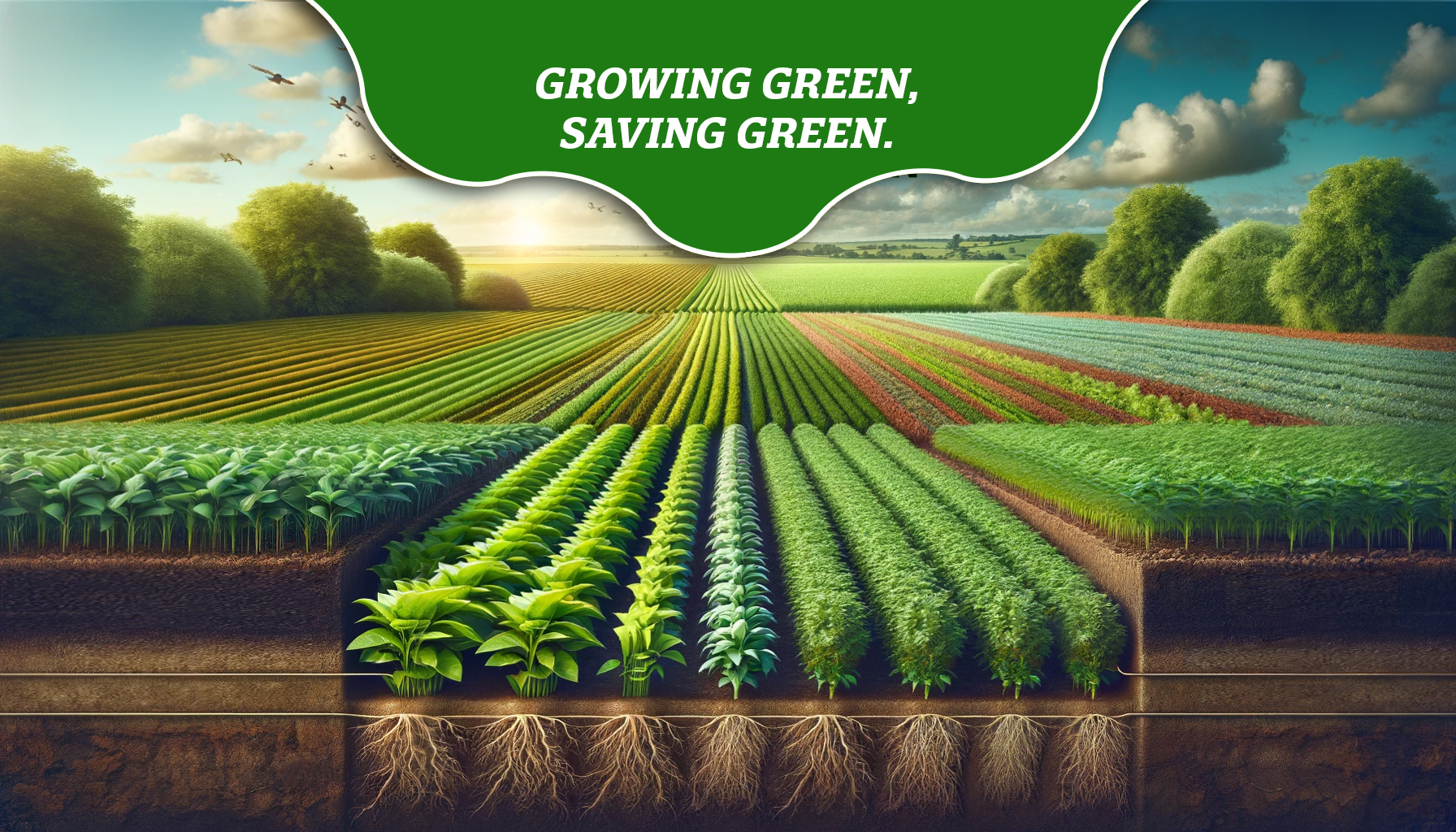



One of the key economic advantages of Earthmade’s farming method is the reduction in input costs. By eliminating the reliance on pesticides and heavy metals, farmers can significantly lower their expenses related to purchasing and applying these chemical inputs. This cost-saving aspect contributes to the overall financial viability and profitability of farming operations.
Additionally, Earthmade’s approach promotes soil health and fertility, leading to improved productivity and yields. Healthy soils provide optimal growing conditions for crops, reducing the need for excessive fertilizers and supplements. This reduction in input requirements further contributes to cost savings for farmers, enhancing their bottom line.
Sustainable agriculture also opens doors to market opportunities and premium pricing. Consumers are increasingly demanding sustainably produced food, and Earthmade’s farming method positions farmers to meet this growing market demand. By adopting sustainable practices, farmers can differentiate their products, attract health-conscious consumers, and command premium prices, ultimately boosting their profitability. Moreover, sustainable farming practices contribute to long-term resource conservation, minimizing waste and maximizing efficiency. By optimizing water usage, reducing energy consumption, and promoting biodiversity, Earthmade’s method ensures the responsible utilization of resources, which translates into long-term cost savings for farmers.
Earthmade understands that embracing sustainability can require initial investments in transitioning to new practices and adopting their farming method. However, the long-term economic benefits far outweigh these initial costs. By considering the big picture, farmers can see the substantial return on investment that comes with sustainable agriculture.
Collaboration and support are essential in maximizing the economic benefits of sustainable farming. Earthmade works closely with farmers, providing guidance, resources, and ongoing support throughout the transition process. By leveraging the expertise and experience of Earthmade, farmers can navigate the economic landscape of sustainable agriculture and optimize their financial outcomes.
With Earthmade’s farming method, growing green leads to saving green. By embracing sustainable practices, farmers can reduce input costs, increase productivity, tap into premium markets, and secure a financially sustainable future for their farming operations.
Be our cheerleader! There are multiple ways you can support Earthmade, even if you aren’t a farmer or industry professional. Help us out by socializing online, downloading information, and getting the word out! Everyone can benefit from Earthmade, and can do something that is 100% Good for the earth!
We are always looking for partnerships, industry professionals, educators, scientists, and distributors to help us make a difference! Get in touch if you are interested in helping us spread our mission and showing your support for better food, better health, and a better earth.
It is Earthmade’s goal to form a strong global connection of farmers, and to find partners that share our vision of making a difference across the globe in sustainability. If you know someone that can help us fulfill our mission, refer them to us!
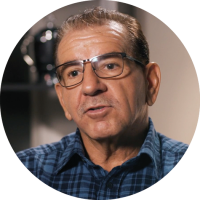
Mike Dobbins is developing bio inputs to replace pesticides, herbicides and chemical fertilizers. His mission is to give farmers the tools they need to produce 100% chemical free food at the scale needed to feed the 9.8 billion people that will soon inhabit the earth. “If you want to look after biodiversity, and you want to improve our soil health, and you want to improve our chronic illness growth, we have to have NO chemicals. And in all fairness there has not been, on a worldwide basis, a solution to the problem.


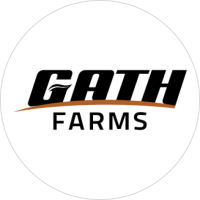

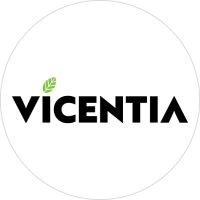




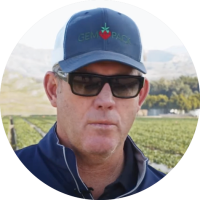
Mike Etchandy is a fourth generation organic and conventional Orange County strawberry farmer. Jaded by the ambiguous organic certification system and the heavy metals it relies on, he has been testing new bio inputs on his strawberry fields to reduce his dependence on harmful chemicals.